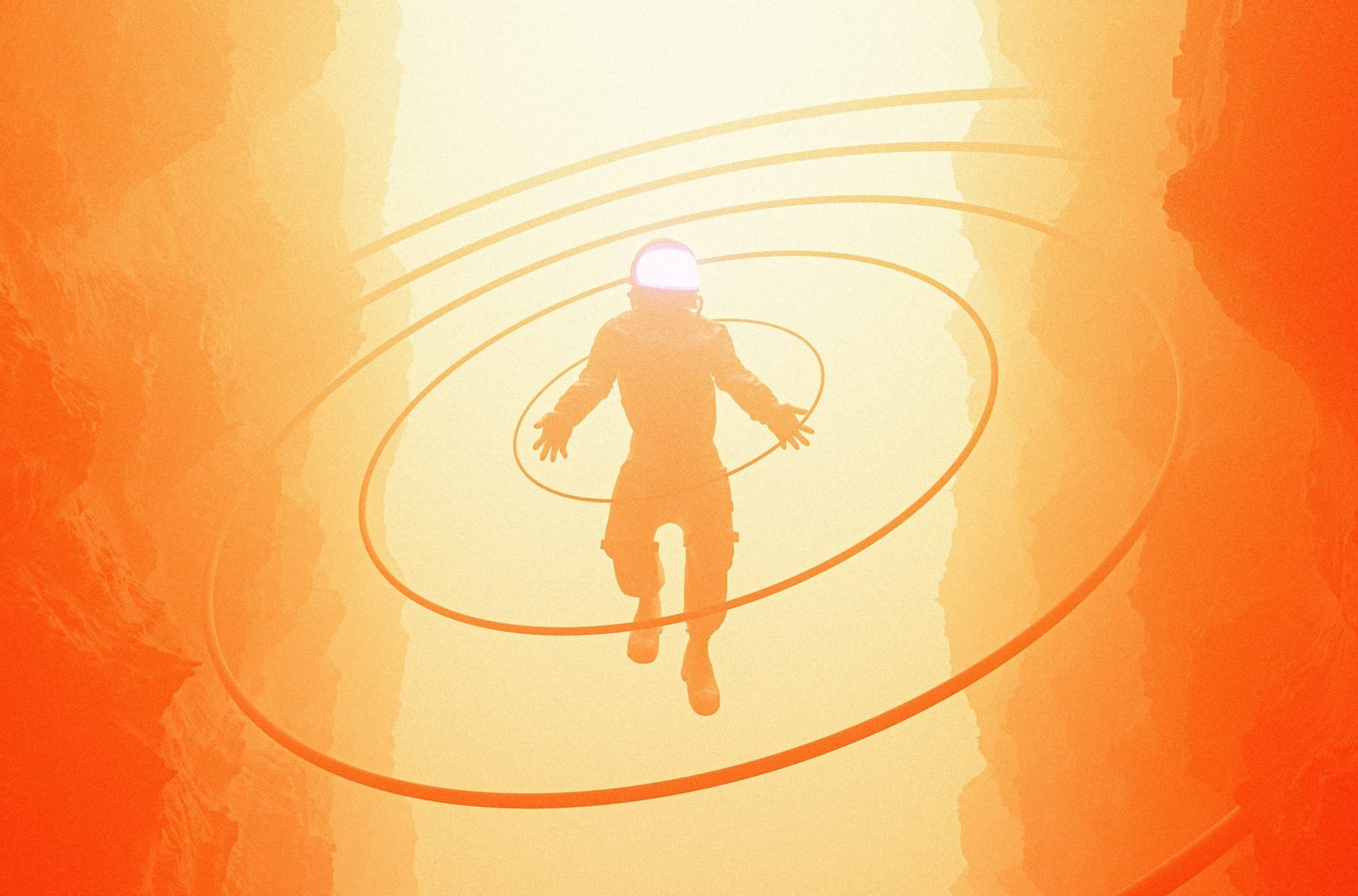In 2025, as we witness unprecedented advances in space exploration and artificial intelligence, Rendezvous with Rama feels less like science fiction and more like prophecy. Clarke's meticulous attention to scientific detail—what critics call his "hard science fiction" approach—has proven remarkably prescient. The novel's depiction of rotating habitats generating artificial gravity, the physics of interstellar travel, and the challenges of exploring alien environments remain scientifically sound even by today's standards.
What makes Clarke's vision particularly compelling is his understanding that true scientific advancement comes from embracing uncertainty. As he writes, "Mysteries are like catnip to scientists". This perspective has influenced generations of researchers and engineers who recognize that the most profound discoveries often emerge from questions we didn't know to ask.
In the previous part, we discussed the book's interesting premise and its enduring appeal. This time, let's dive in on the philosophical aspects of Rama.
The Philosophical Weight of Indifference
Perhaps no aspect of Rama resonates more powerfully in 2025 than its central theme of cosmic indifference. The Ramans' complete disregard for humanity—"such monumental indifference was worse than any deliberate insult"—offers a sobering counterpoint to our anthropocentric worldview. In an era where we're actively searching for extraterrestrial life through projects like SETI and the James Webb Space Telescope, Clarke's vision reminds us that contact might not unfold according to our expectations or desires.
The novel suggests that understanding our place in the universe requires humility and openness to the unknown. This message feels especially urgent as we grapple with artificial intelligence, climate change, and other challenges that dwarf human comprehension. As Clarke observes, "The reaction of the human mind to new ideas and experiences is one of the most fascinating things about exploration".
Engineering Marvels and Threefold Mysteries
One of Rama's most enduring contributions to science fiction is its concept of threefold redundancy—the Ramans' practice of building everything in threes. From airlocks to artificial suns, this principle reflects a sophisticated understanding of engineering reliability that has influenced real-world space mission design. Clarke's famous final line, "The Ramans do everything in threes", hints at deeper patterns in alien thinking that remain tantalizingly beyond human understanding.
The novel's technical marvels—the Cylindrical Sea as a "biological engine" that rapidly generates life when heated, the mysterious biots that maintain Rama's systems—demonstrate Clarke's genius for imagining technologies that feel both alien and plausible. These concepts continue to inspire contemporary science fiction and actual scientific research into self-repairing systems and adaptive technologies.
A Mirror for Human Nature
Rendezvous with Rama succeeds not just as a technical marvel but as a profound exploration of human psychology. The crew's varied reactions to Rama—"from wonder and awe to suspicion and fear"—serve as a mirror reflecting our own societal attitudes toward the unknown. Commander Norton's determination to "give every entity they encountered in Rama the benefit of the doubt, up to the last possible minute – and even beyond" represents humanity at its best: curious, cautious, but ultimately driven by the desire to understand rather than conquer.
This approach feels increasingly relevant as we face our own encounters with the unknown, whether in the form of artificial intelligence, genetic engineering, or potential extraterrestrial contact. Clarke's vision suggests that our response to the truly alien will reveal as much about ourselves as about what we discover.
The novel's enduring power lies in its recognition that "every discovery opens up a hundred new questions". In 2025, as we stand on the threshold of potentially revolutionary discoveries in space and science, Rendezvous with Rama reminds us that the greatest adventures begin not with answers, but with the courage to ask better questions.














Discussion